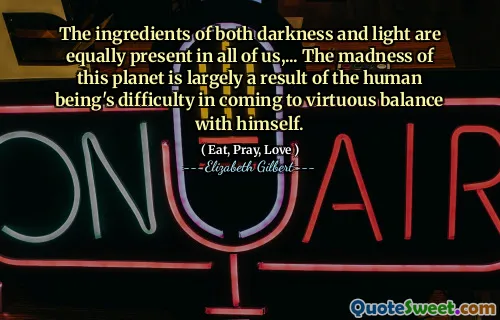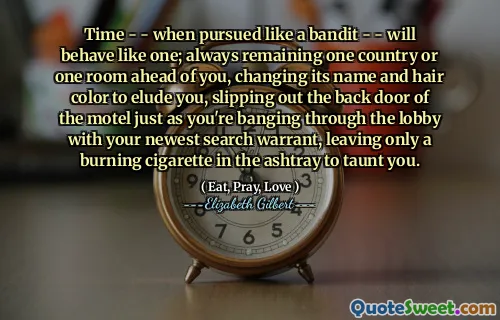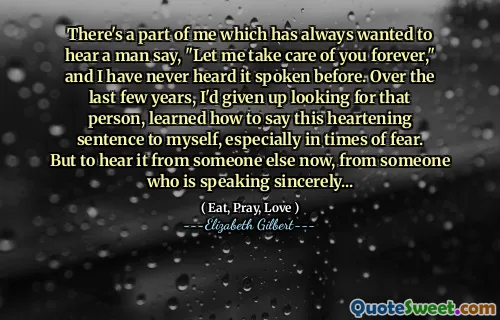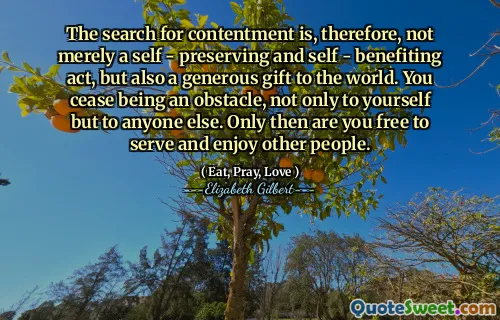
Time - - when pursued like a bandit - - will behave like one; always remaining one country or one room ahead of you, changing its name and hair color to elude you, slipping out the back door of the motel just as you're banging through the lobby with your newest search warrant, leaving only a burning cigarette in the ashtray to taunt you.
This quote vividly captures the elusive nature of time when we try to control or chase it aggressively. The metaphor of time as a cunning bandit emphasizes how it can slip away from our grasp no matter how desperately we pursue it. The image of time changing its appearance and staying perpetually one step ahead illustrates the frustration and futility often felt when we attempt to rush or dominate it. It reminds us that time is not a tangible entity we can seize but a continuous flow that resists our controlling efforts.
In a broader sense, the quote invites reflection on how we perceive and relate to time in our daily lives. The more we try to forcefully manipulate it—whether by rushing deadlines, multitasking, or trying to hasten moments—the more slippery and intangible it becomes. It evokes the experience of time slipping through our fingers despite our most vigorous attempts, leaving behind only fleeting signs of its passage, symbolized by the burning cigarette. This analogy suggests that the more we chase time, the more it mocks us by revealing only its fleeting remnants.
Enjoying the present moment instead of aggressive pursuit might be a wiser approach. Elizabeth Gilbert's work, including "Eat, Pray, Love," often emphasizes presence and mindfulness, resonating with this perspective. Ultimately, the quote inspires patience and acceptance in our relationship with time, reminding us that it cannot be owned or tamed, only experienced.











